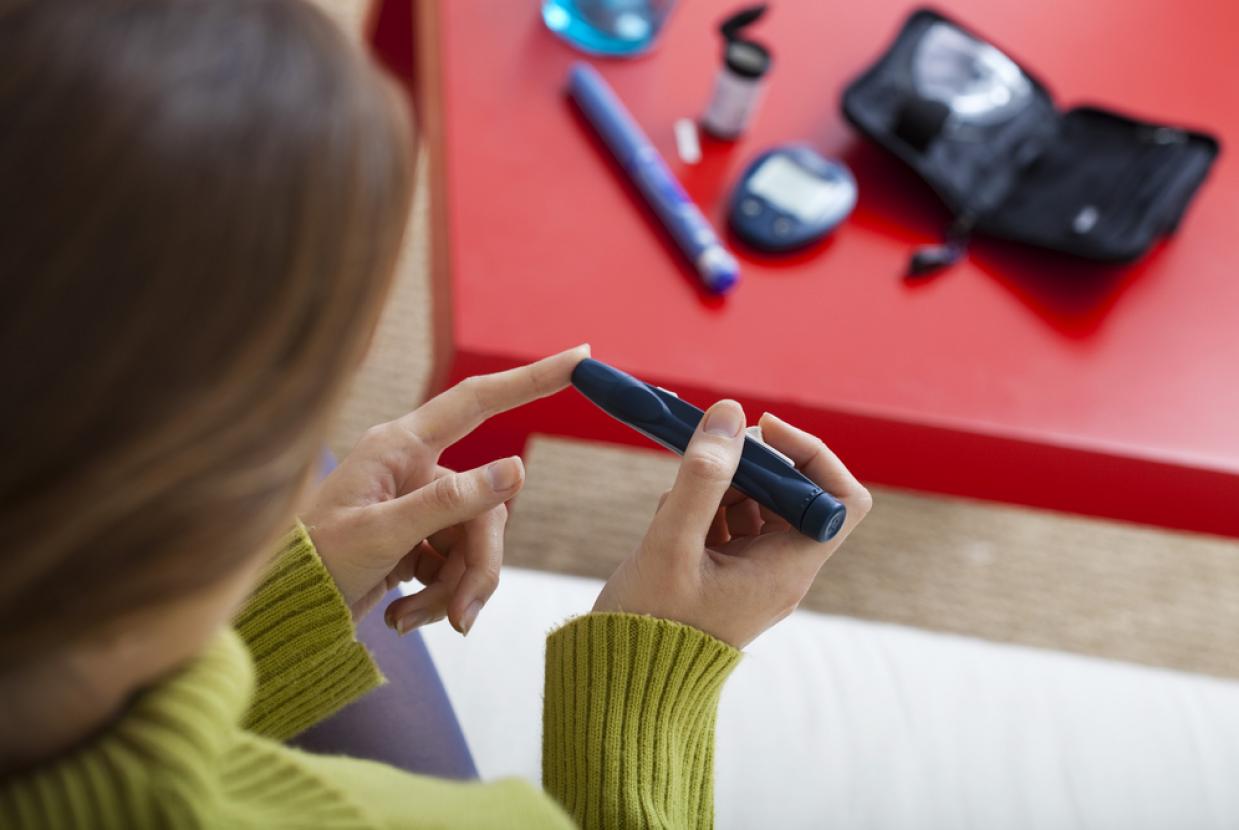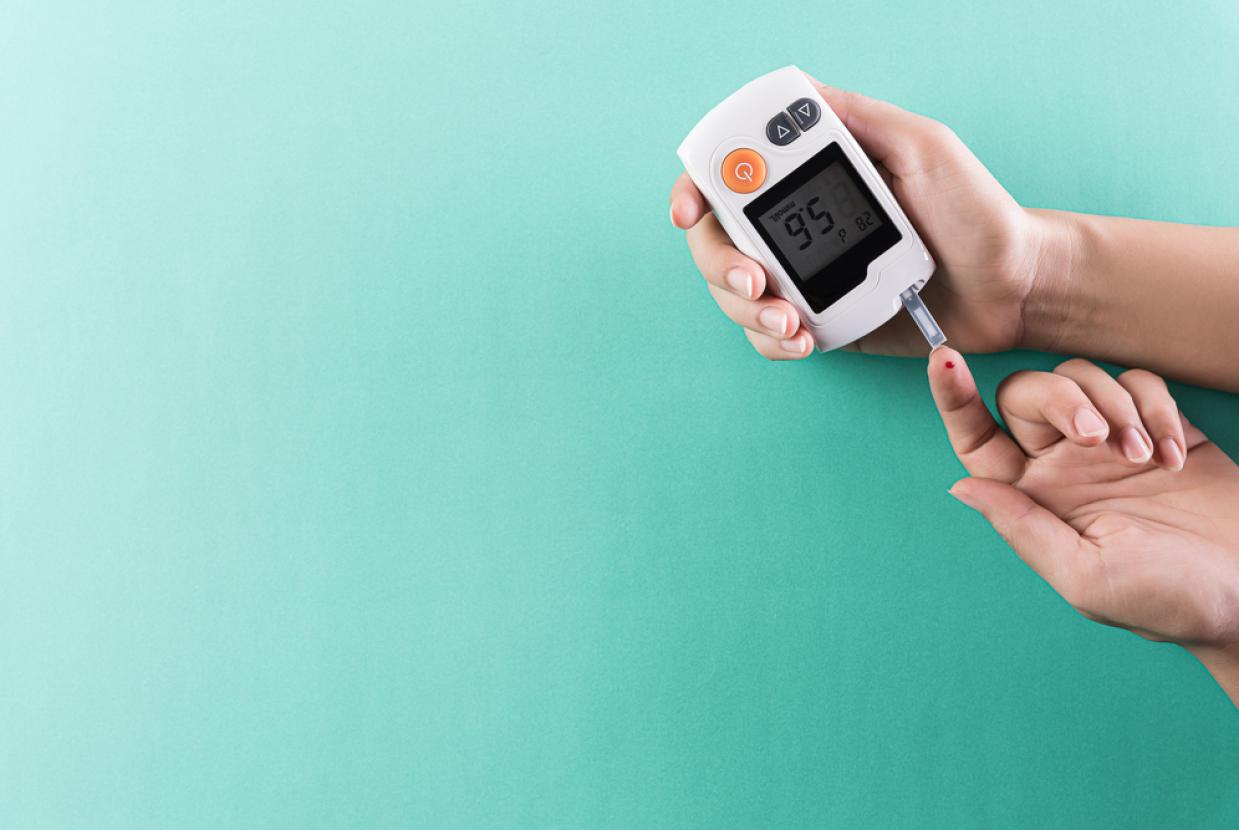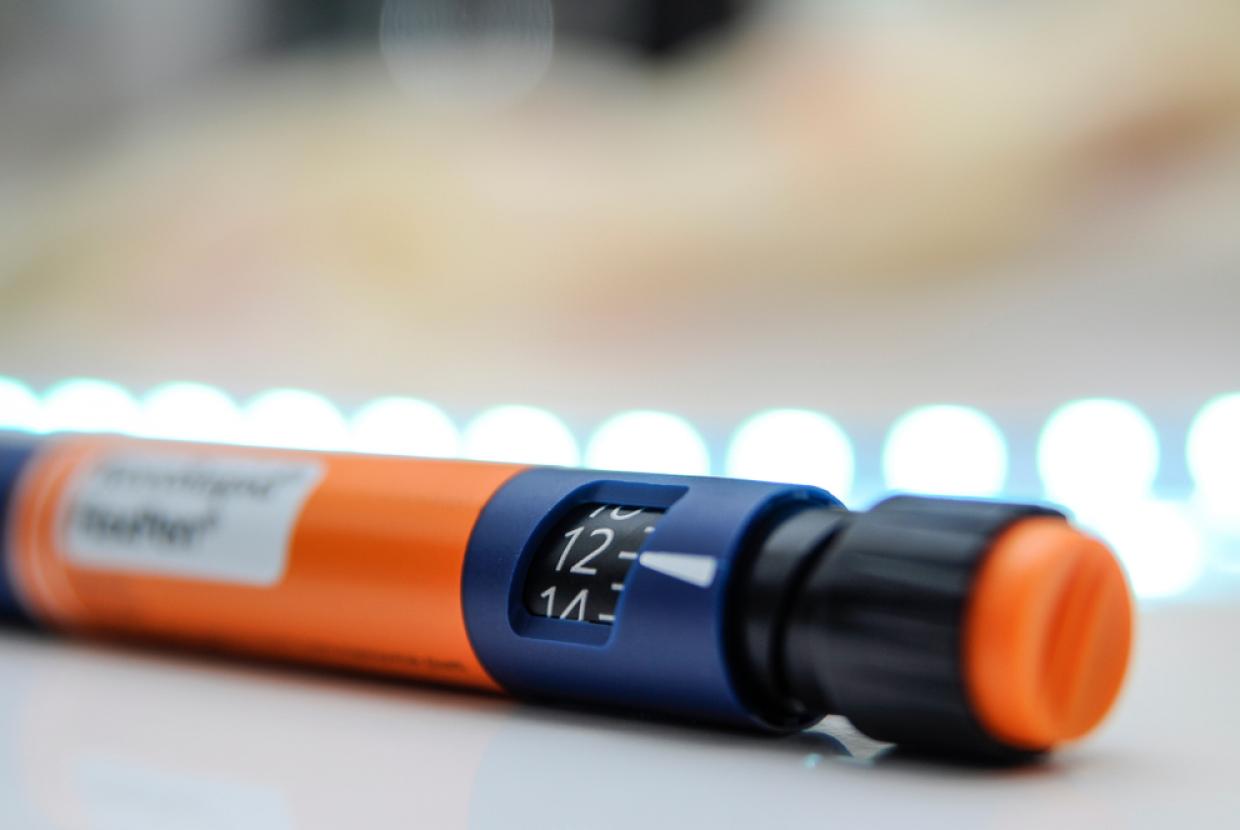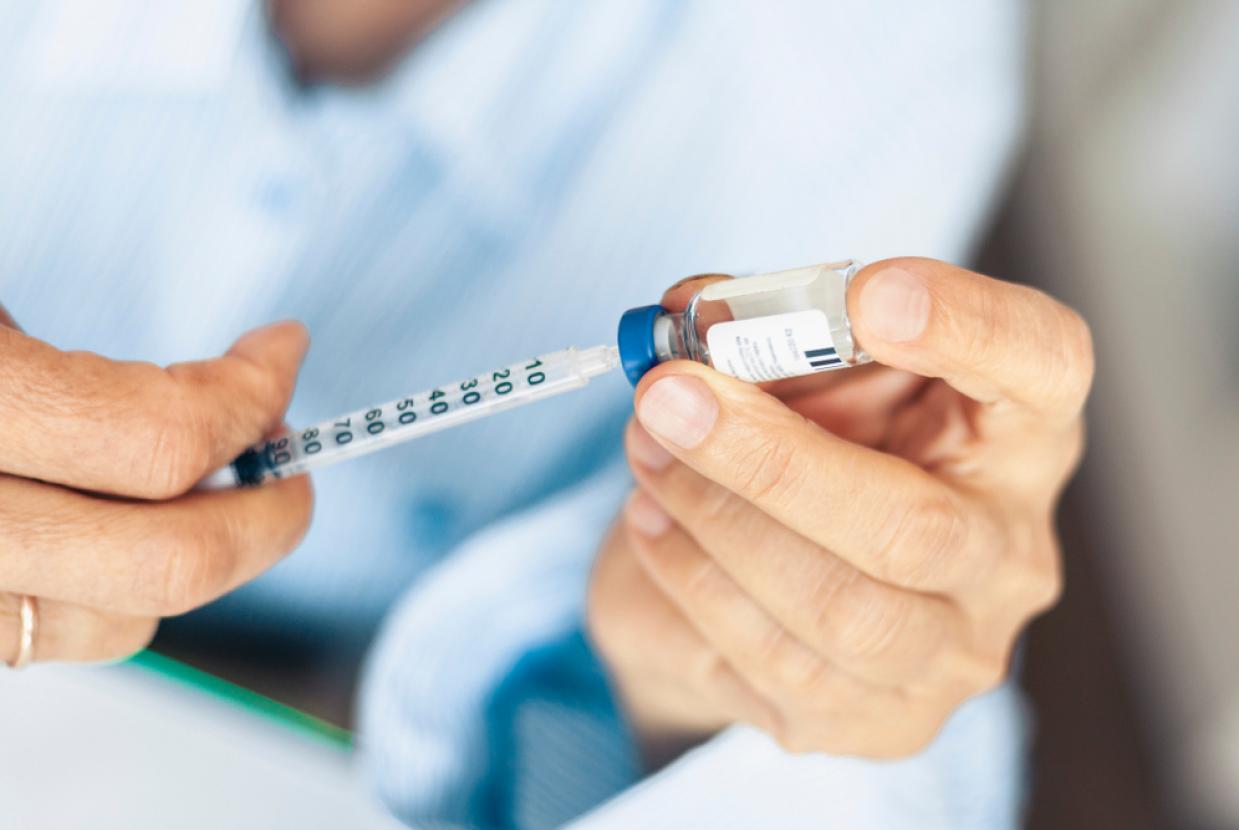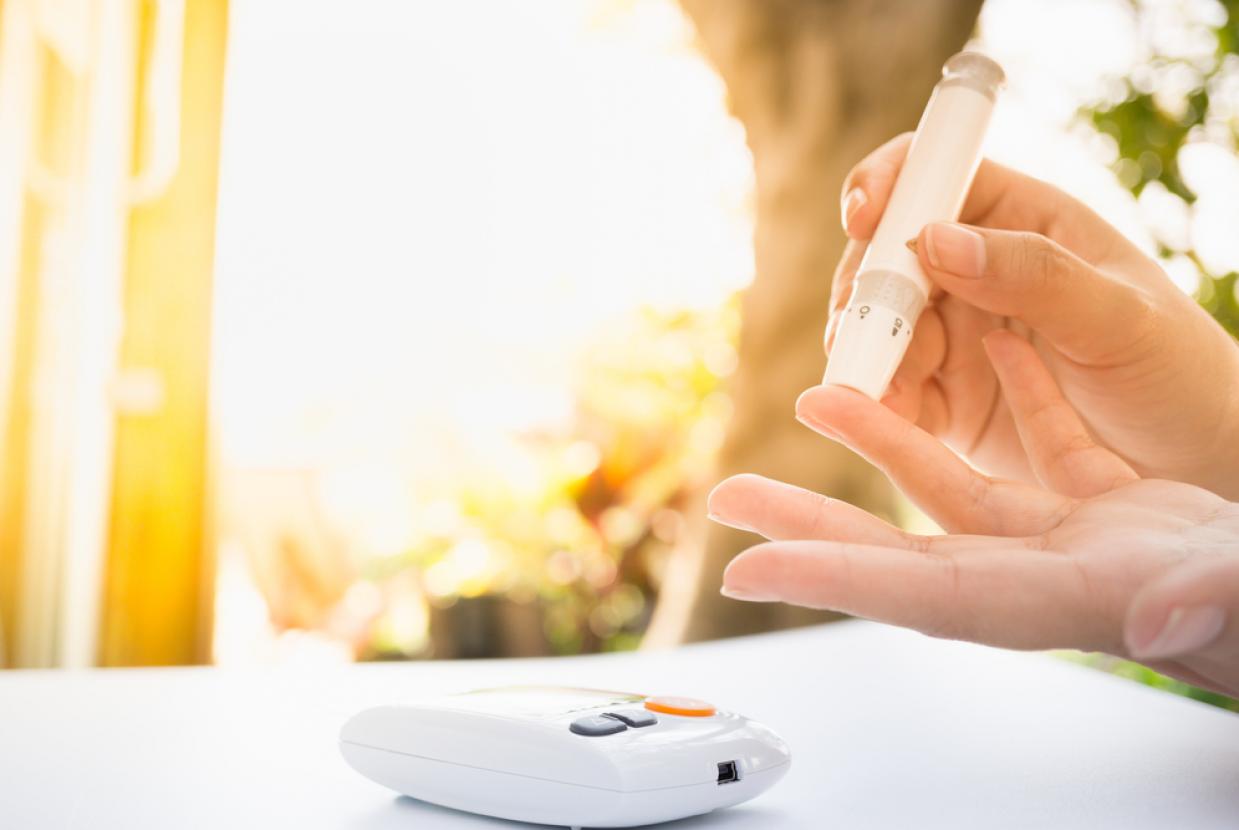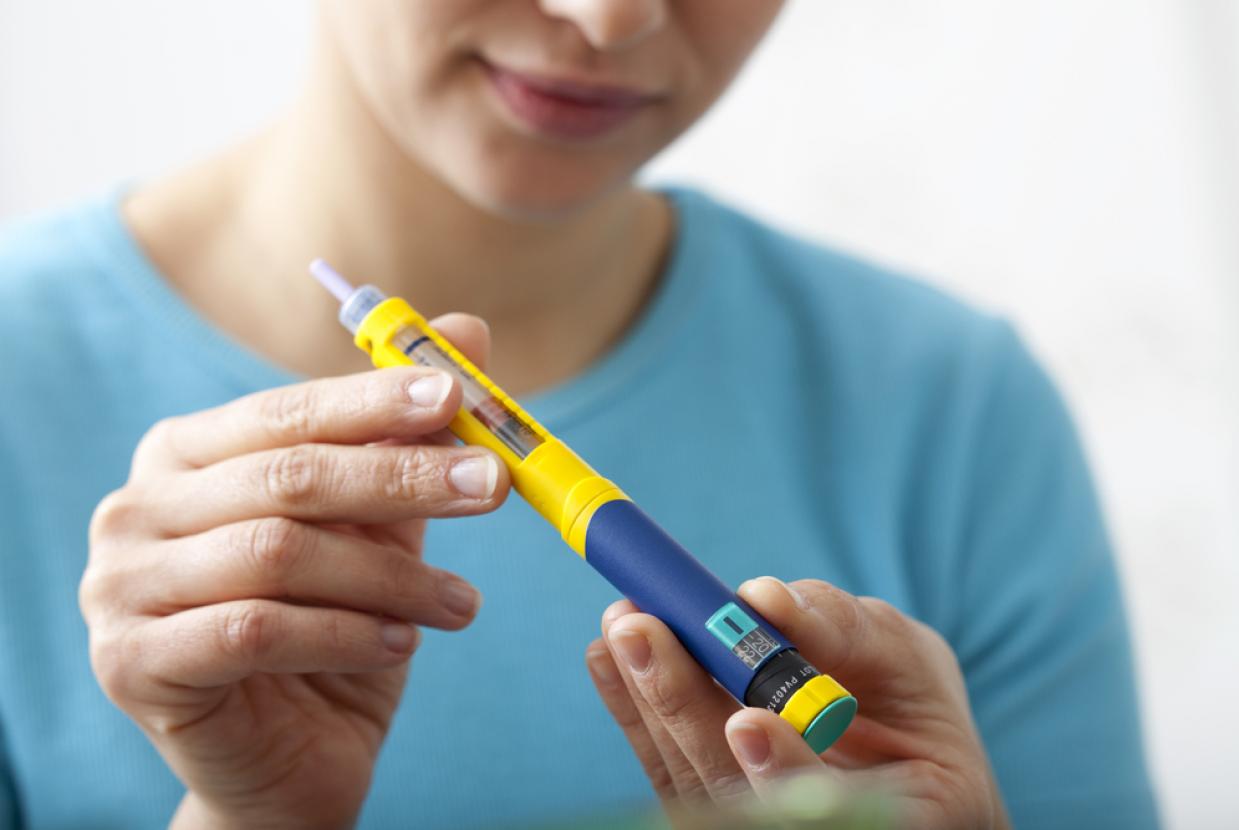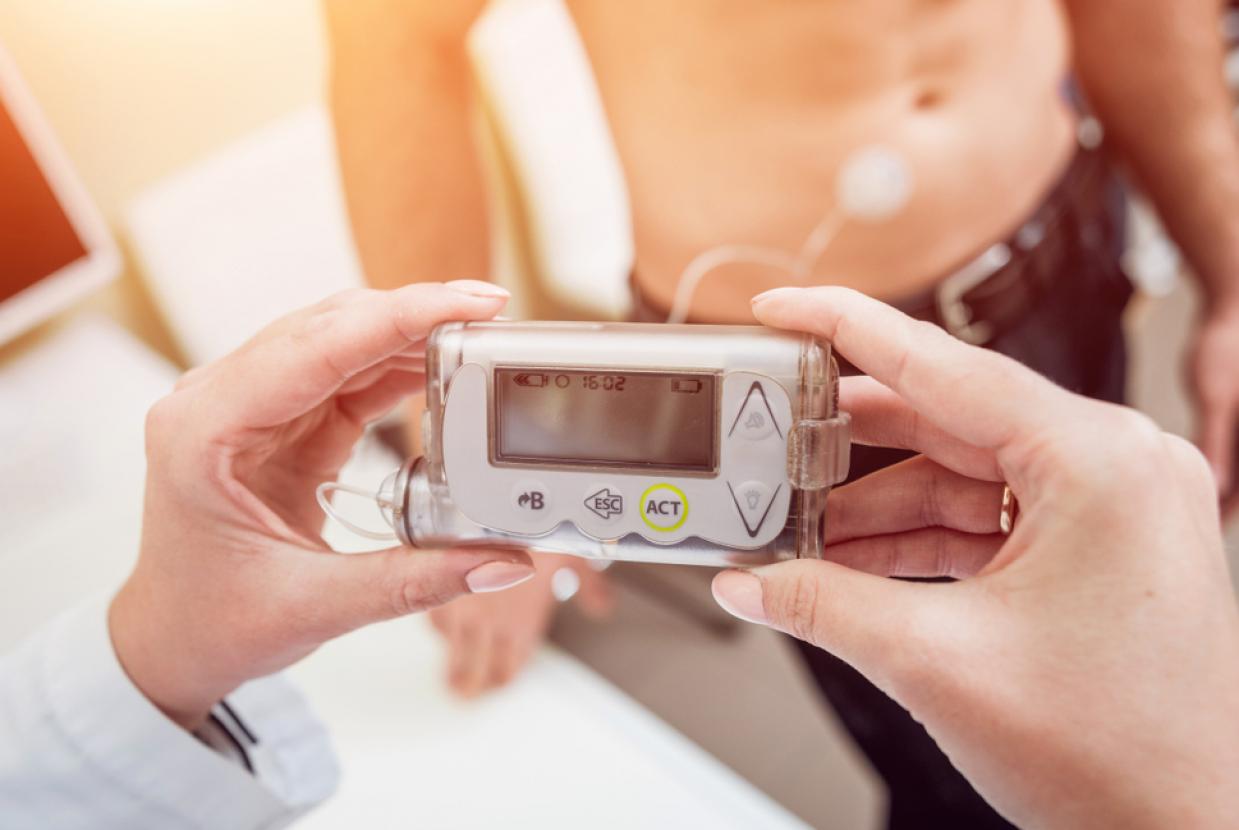Type 2 Diabetes: The Benefits of Regular Check Ups
DiabetesYou need to keep an eye on your health and have regular check-ups if you have type 2 diabetes because it can lead to:
- heart disease and stroke
- loss of feeling and pain (nerve damage)
- foot problems – like sores and infections
- vision loss and blindness
- miscarriage and stillbirth
- problems with your kidneys
- sexual problems – like problems getting or keeping an erection
Controlling your blood sugar level and having regular diabetes check-ups is the best way to lower your risk of complications.
Getting your heart checked
You should have your cholesterol (blood fats) and blood pressure checked at least once a year. Diabetes increases your risk of heart disease and stroke, so it's important that high blood pressure and high cholesterol are spotted and treated early.
If you're already being treated for high cholesterol and high blood pressure, keep taking your medicine. Diabetes also worsens the effects of smoking on your heart.
Loss of feeling
You should let your GP or diabetes nurse know if you notice any changes in your body.
Diabetes can damage your nerves (neuropathy). This usually affects your feet, but it can affect other parts of your body, causing:
- numbness
- pain or tingling
- problems with sex
- constipation or diarrhoea
Early treatment can prevent nerve damage getting worse.
Looking after your feet
You should check your feet every day. Diabetes can reduce the blood supply to your feet and cause a loss of feeling.
This means foot injuries do not heal well and you may not notice if your foot is sore or injured. These problems can lead to ulcers and infections.
Simple things are important, like:
- keeping feet clean and dry to avoid infection
- trying not to go barefoot outside to avoid nicks and cuts
- wearing shoes that fit well
Speak to your GP or diabetes nurse if you notice any changes in your feet, including:
- cuts, cracks or blisters
- pain or tingling
- numb toes and feet
Your feet should also be checked every year by your GP, diabetes nurse or podiatrist.
Sores or infections that are not treated early can lead to gangrene. Around 175 amputations resulting from diabetes are carried out every week in England.
Checking your eyes
Your eyes should be checked every year for damaged blood vessels, which can cause sight problems (diabetic retinopathy) and blindness.
Eye checks can detect damage before it affects your sight. Treating damaged blood vessels early can prevent sight problems.
Speak to your GP immediately if you notice changes to your sight, including:
- blurred vision, especially at night
- shapes floating in your vision (floaters)
- sensitivity to light
Pregnancy and diabetes
Speak to your GP or care team if you're thinking of having a baby. You can have a safe pregnancy and birth if you have type 2 diabetes. You will need additional check-ups during the pregnancy.
If you’re trying to get pregnant, you should be able to have your HbA1c levels measured monthly to help manage your blood glucose levels.













